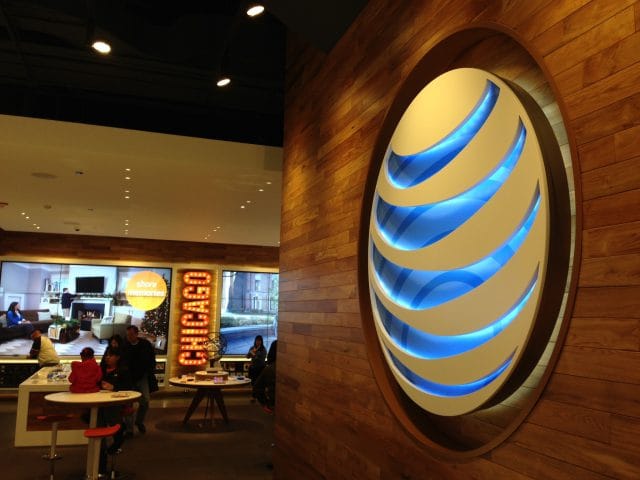 A telecommunications bill largely written at the behest of AT&T now working its way through the Illinois legislature would allow AT&T to discontinue landline telephone service in the state, potentially eliminating traditional phone service that more than a million Illinois residents and businesses still depend on.
A telecommunications bill largely written at the behest of AT&T now working its way through the Illinois legislature would allow AT&T to discontinue landline telephone service in the state, potentially eliminating traditional phone service that more than a million Illinois residents and businesses still depend on.
“The Illinois Telecom Act is up for review in the 2017 legislative session, and AT&T is pushing two deregulation bills—Senate Bill 1381 and House Bill 2691,” says the Citizen’s Utility Board (CUB) website. “The bills would open the door for the company to end traditional home phone service in Illinois and push consumers onto less affordable and reliable alternatives.”
Consumer advocates urged Illinoisans to visit SaveOurPhoneService.com to send messages to the General Assembly against AT&T’s deregulation bills, or they can also call a special toll-free hotline, at 1-844-220-5552, to talk to their legislators.
With Illinois’ Telecommunications Act under review and set to expire July 1, AT&T’s bills would:
- Abolish the state requirement that AT&T serve traditional landline customers. That authority would be ceded to the Federal Communications Commission (FCC), and Illinois would be stripped of any meaningful oversight to protect AT&T’s 1.2 million business and residential landline customers from inferior service.
- Abolish low-cost calling plans. The General Assembly mandates that AT&T offer three “Consumer’s Choice” plans, which were created by CUB under a legal settlement. Illinois’ best local phone deals, which cost about $3 to $20 a month, have saved callers millions of dollars, and are under a state-mandated price freeze.
For many in Illinois still bypassed by AT&T’s U-verse fiber-to-the-neighborhood system, the measure could leave customers with just two choices for home phone service – a local cable operator or a wireless mobile provider — both potentially more expensive and less reliable than basic landline service.
 “It doesn’t take someone with an economic degree that one option, one unregulated option for people, isn’t very cheap. So I’m sure cable is sitting back licking their chops,” said Citizens Utility Board director of governmental affairs Bryan McDaniel.
“It doesn’t take someone with an economic degree that one option, one unregulated option for people, isn’t very cheap. So I’m sure cable is sitting back licking their chops,” said Citizens Utility Board director of governmental affairs Bryan McDaniel.
Some Chicago-area residents, like Michele Charous and Carol Kolen, prefer traditional landline service for its cost and reliability. A significant percentage of older residents still depend on affordable rotary dial landline phone service from AT&T — a service the phone company now wants to scrap.
AT&T claims more than 90% of Illinois customers have either replaced landline service for a cell phone or have switched to digital U-verse phone service from AT&T or a cable operator. But AT&T doesn’t mention its network upgrades have bypassed large rural sections of the state, and its U-verse phone service can cost more than a traditional landline.
Kolen and Charous claim their AT&T landline service has proven reliable for decades, while cell service has not, especially in an emergency.
Katherine Panny adds she is in her 80s, does not have a cellphone or a computer and has a rotary dial phone on her kitchen wall. She said she likes it.
“I depend on this landline with my life,” she said.
“We are not at the point we can guarantee that this is going to work all the time,” added Kolen.
“I would be just isolated because how would I be able to talk anybody if the battery died or I forgot to charge it what would I do,” Charous said.
“For a lot of people a landline is there most reliable and affordable lifeline to vital services,” said Jim Chilsen, of the Citizens Utility Board. “Our fear is that, what AT&T really wants to do is push consumers onto phone options that tend to be more expensive and tend to be less reliable.”
AT&T Illinois and Midwest president Paul La Schiazza gave some stark admissions to reporters about the state of AT&T’s wireline network in Illinois.
By the end of this year, “less than 10 percent of the households [in Illinois] will have an old style, voice-only line in their home,” La Schiazza said. AT&T is losing about 1,000 traditional landline customers a day. Maintenance on the traditional telephone system is also getting more difficult, and the phone company is turning to some unique sources for parts these days.
“Believe it or not, even AT&T at times, has to go to eBay to scrounge for parts to keep these ‘old-style’ switches running,” he said.
WMAQ in Chicago reports some Illinois consumers are worried AT&T is about to pull the plug on their landline home phone service. (2:38)


 Subscribe
Subscribe
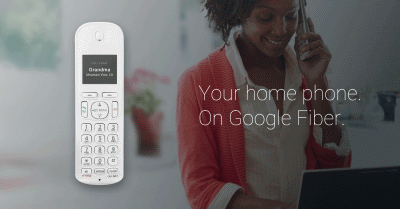 Although tens of millions of Americans have pulled the plug on landlines in favor of their mobile phones, there is still a market for affordable landline phone service, especially if you hate talking on cellphones.
Although tens of millions of Americans have pulled the plug on landlines in favor of their mobile phones, there is still a market for affordable landline phone service, especially if you hate talking on cellphones.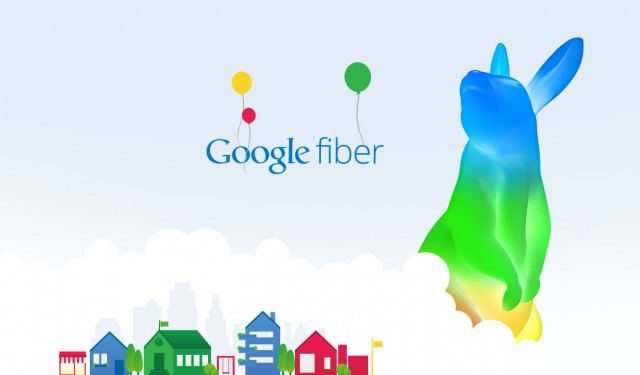 Despite predictions Google Fiber had no interest in offering customers landline telephone service, Google has quietly begun testing a new residential voice service called Google Fiber Phone that appeared to be powered by its Google Voice service.
Despite predictions Google Fiber had no interest in offering customers landline telephone service, Google has quietly begun testing a new residential voice service called Google Fiber Phone that appeared to be powered by its Google Voice service.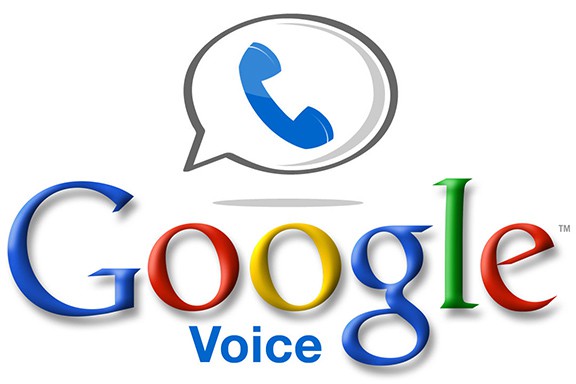 The feature set sounds almost identical to
The feature set sounds almost identical to 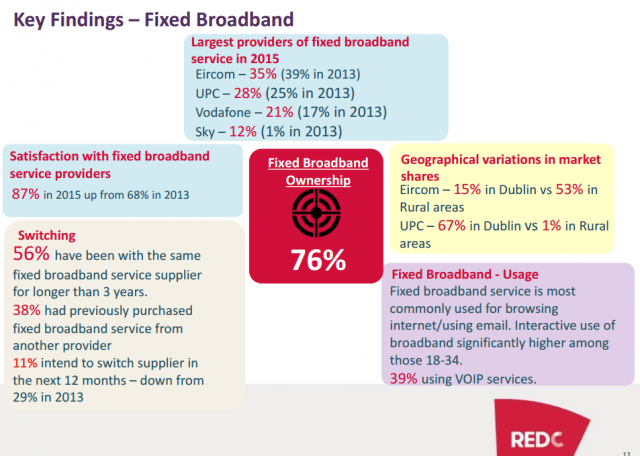

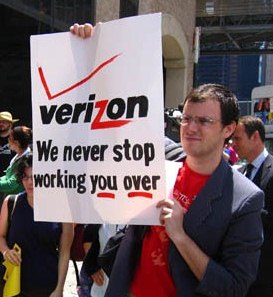 Verizon will not let you cancel their landline phone service unless you are also ready to lose DSL broadband as well.
Verizon will not let you cancel their landline phone service unless you are also ready to lose DSL broadband as well.